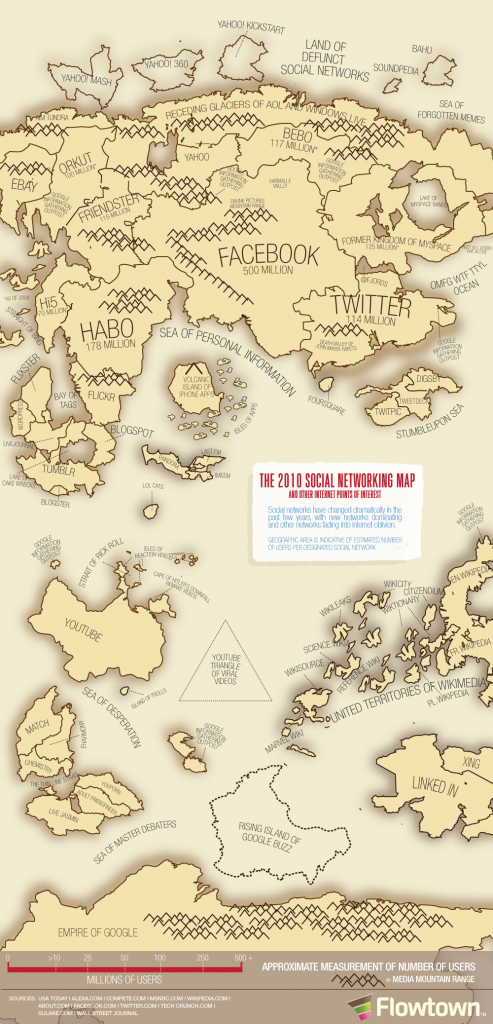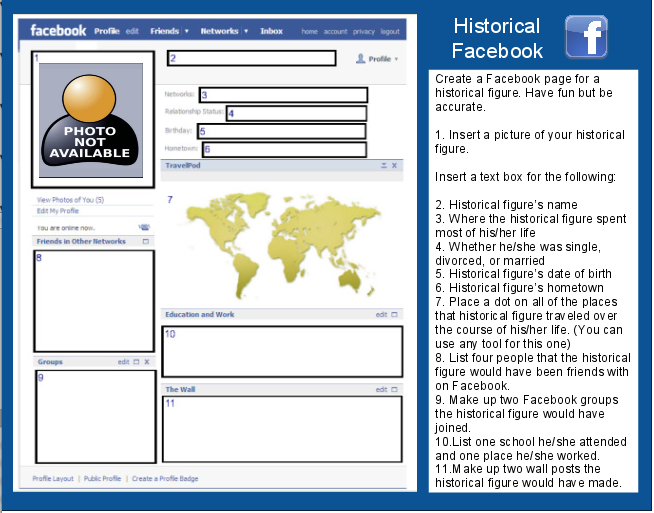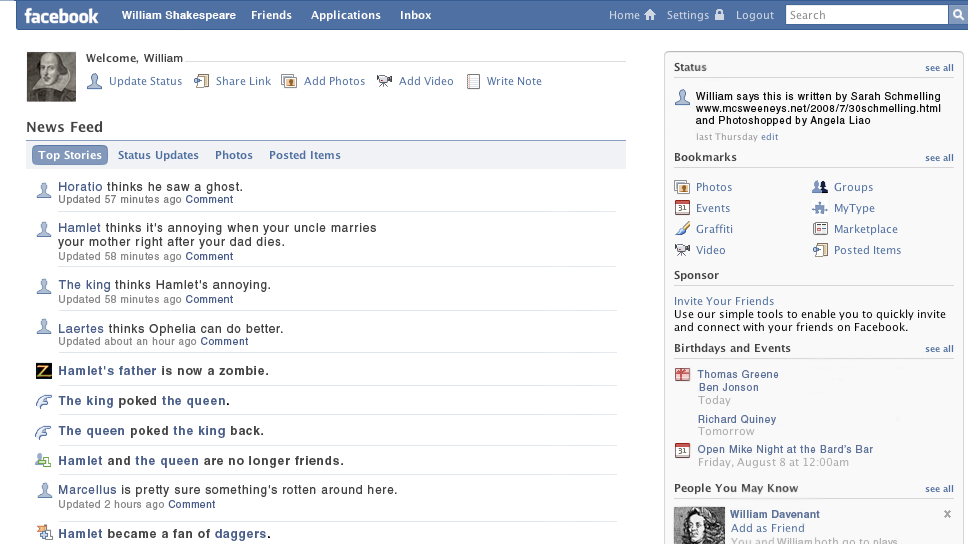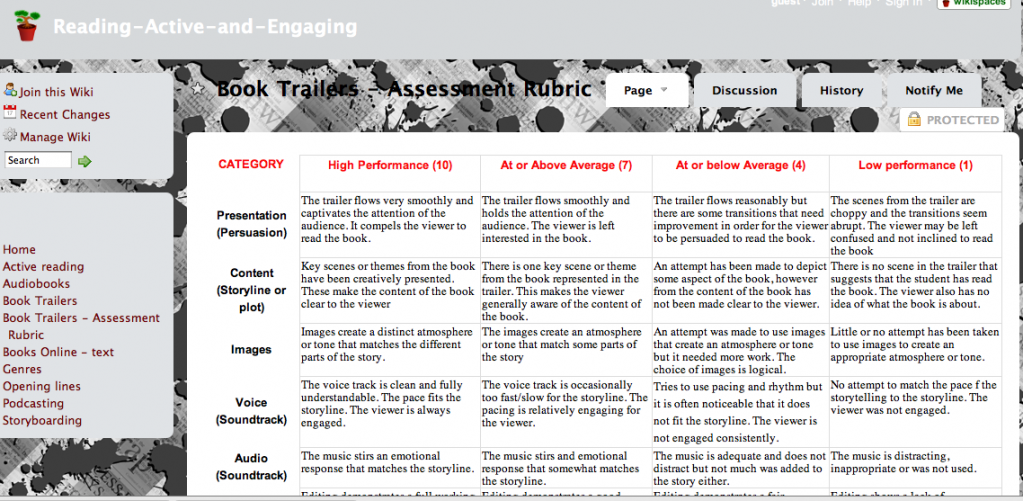Looking for an online, multimedia, real time encyclopedia? Mashpedia is just that and is worth using with students.
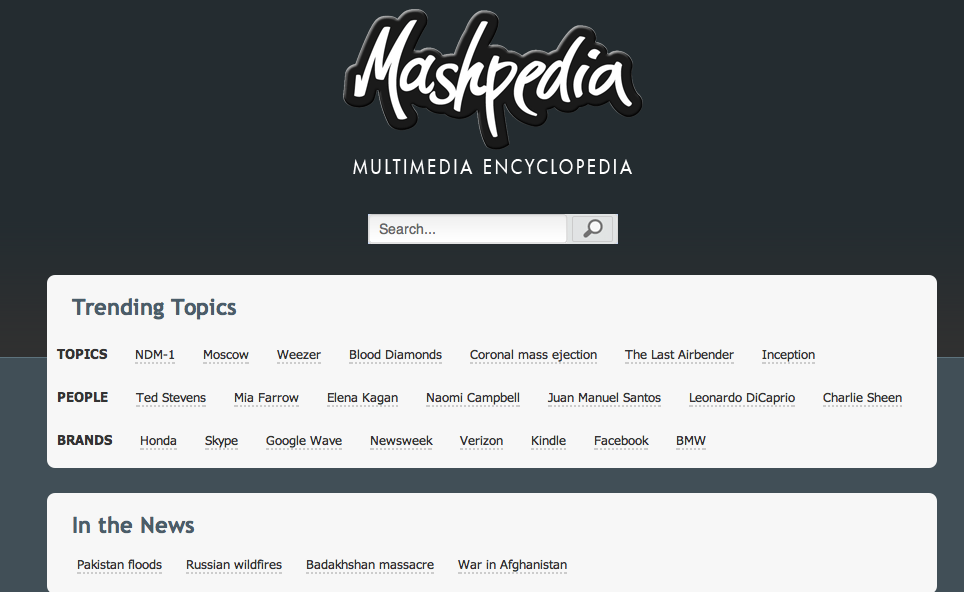
The website explains more:
Mashpedia is a web encyclopedia enhanced with cutting-edge functionalities and sophisticated features such as multimedia content, social media tools and real-time information, accessible to people all over the world. It’s free to use and open for public participation, allowing users to discuss specific topics, post and answer questions, share relevant links or contribute in new creative ways. Mashpedia integrates a variety of online services and applications like Wikipedia, YouTube, Twitter, Flickr, Google News, Books, Blog Posts, and further contextual information into a single slick interface, presenting an organized outlook of live content feeds for every topic, thus providing a broad spectrum of services and features that eliminate the user’s need to visit each service separately.
The FAQ page explains more:
Mashpedia aggregates multiple web feeds (streams of content from different sources) into structured articles about specific, encyclopedic terms, historic events and popular individuals, groups, organizations, companies, etc.
Every article provides a basic definition of the term, along with the most relevant videos about it, a stream of current Twitter messages, latest news, images, blog posts and links. Mashpedia also offers semantic connections between the articles, in form of links.
Even though there are advertisements on Mashpedia, it is a worthy search tool for (at least) older students as it gives a real overview of a topic from many different points of view and many different types of media.

